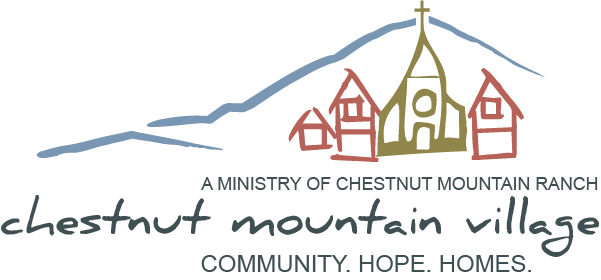New research in the Journal of Public Child Welfare confirms what West Virginians are witnessing through local ministries every day. When churches and communities surround foster families with support, foster care placement stability improves and children experience the consistency and love they need to heal.
The study, “Examining the Impact of Participation in a Foster Parent Support Program on Child Welfare Outcomes in Georgia,” was conducted by Dr. Ryan Hanlon of the National Council for Adoption, Abigail Lindner of Worcester Polytechnic Institute, and Katherine Garcia Rosales of Westat. Using three years of data from the Georgia Department of Human Services and the federal Adoption and Foster Care Analysis and Reporting System, the team examined what most affects foster care placement stability. They compared 241 children whose foster families participated in the Promise686 support program with more than 20,000 children in Georgia’s general foster care system.
The results were striking. Children supported through Promise686 experienced far greater placement stability. On average, they had 2.15 placements per child compared to 2.77 for children not involved in the program. For every 1,000 children in care, that means about 620 fewer moves between homes. Each avoided move represents a child who keeps relationships, routines, and trust, key factors for emotional healing and healthy development.

Children thrive when their caregivers are steady and supported. The study highlights that stability comes when families are surrounded by people who meet practical needs and offer encouragement. This kind of care makes it more likely that foster parents continue serving, which directly benefits children.
Promise686 builds networks of church and community volunteers who wrap around foster families. These volunteers bring meals, offer childcare, help with errands, and provide prayer and friendship. The study’s findings show that such networks make measurable differences in keeping children stable in their placements and improving outcomes overall.
Here in West Virginia, Chestnut Mountain Village serves as the Mountain State’s sole implementing affiliate for Promise686. Through Family Advocacy Ministries (FAMs) and Care Communities, The Village equips churches to provide the same kind of consistent, Christ-centered support described in the study. These partnerships help foster families endure, children remain connected, and communities grow stronger.
Funded by the Morgridge Family Foundation, this research offers clear evidence of what many already believe: stability in foster care begins with community. When families are supported and surrounded by caring people, children gain safety, belonging, and hope for the future.
